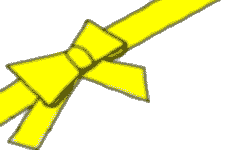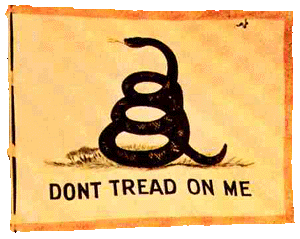



 Section 7.1.
Section 7.1.
No rights or obligations, requirements or restrictions, not expressly provided for by this Constitution shall be implied or inferred, it being the intent of this Constitution that any change or alteration to the express provisions of this Constitution shall be by Article of Amendment and in accordance with the express provisions in this Constitution alone. The sense in which it was accepted and ratified by the nation shall be the guide in expounding it, precedents to the contrary notwithstanding. Its provisions are neither to be restricted into insignificance nor extended beyond the natural and obvious meaning contemplated by the plain understanding of the People at the time of its adoption. Any faults it may contain are to be corrected only by Articles of Amendment as prescribed in this Constitution, not by usurpation.
Section 7.2.
(1) The Congress, whenever two-thirds of both Houses shall deem it necessary, may propose Articles of Amendment to this Constitution and should any of the Articles of Amendment proposed by Congress be ratified by the Legislatures or Conventions thereof of two-thirds of the several States they shall henceforth form a part of this Constitution.
(2) Upon the petition of any one-fourth of the State Legislatures or Conventions, or the People thereof, the Congress shall summon a convention of all of the States (with each State sending three delegates) to take into consideration Articles of Amendment to this Constitution and if the same be ratified by the Legislatures or Conventions of two-thirds of the several States they shall henceforth form a part of this Constitution.
(3) The petition, either by the States, the People thereof, or a combination of the two, can name proposed single or multiple Articles of Amendment in their petitions. The Convention shall be limited only to those items named in their petitions but by a three-fourths vote of the delegates they may expand the Convention to other constitutional issues.
Section 7.3.
(1) When a State ratifies, rejects, or withdraws its ratification (before it becomes part of the Constitution) of a proposed Article of Amendment, the State shall instruct their Senators to declare the decision on the floor of the Senate and the same shall be entered into their journal.
(2) No Article of Amendment shall take effect unless it has been ratified not later than ten years from the date of its submission to the States else it becomes null and void.
(3) The Congress shall have the power to enforce, by appropriate legislation, the provisions of all Articles of Amendment.
(4) Articles of Amendment shall take effect no later than one year after the date of its ratification.
(5) Whenever official notice from the Senate that a proposed Article of Amendment to this Constitution has been adopted, according to the provisions of this Constitution, the national archivist shall forthwith cause the Article of Amendment to be published, with his certificate, specifying the States by which the same may have been adopted, and that the same has become valid, to all intents and purposes, as a part of this Constitution.
| CLICK HERE TO RETURN TO THE FRONT PAGE |
 |
|
|
 |